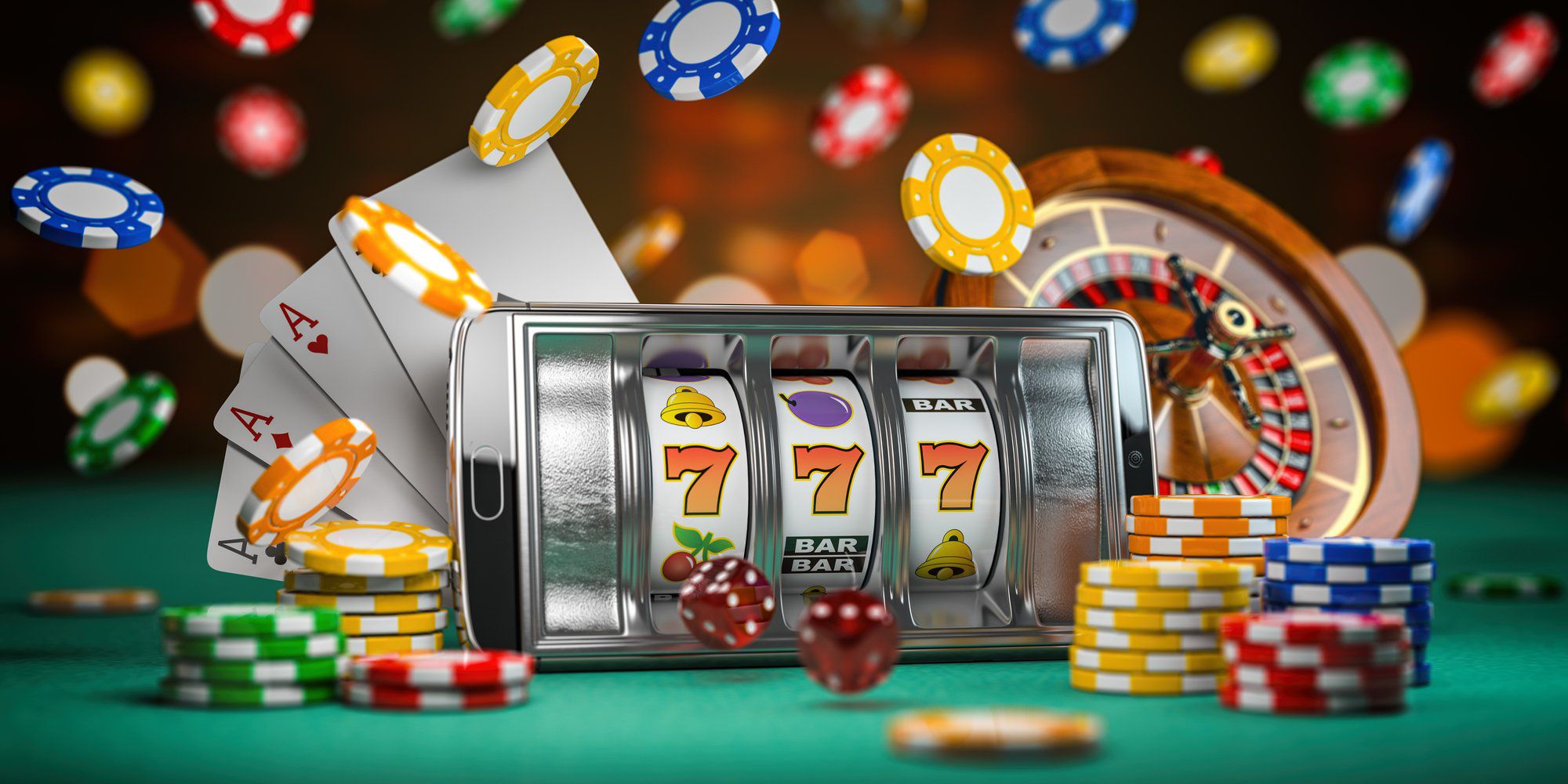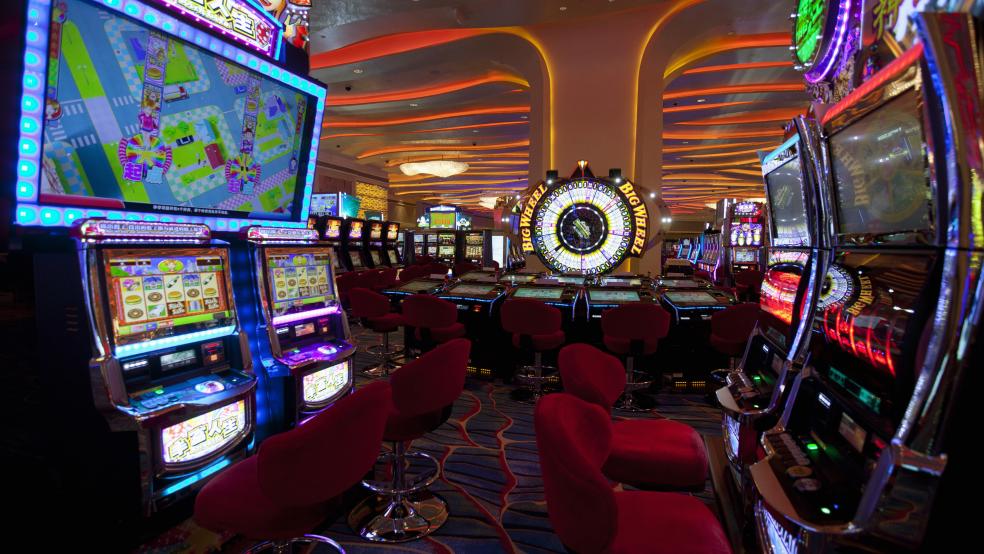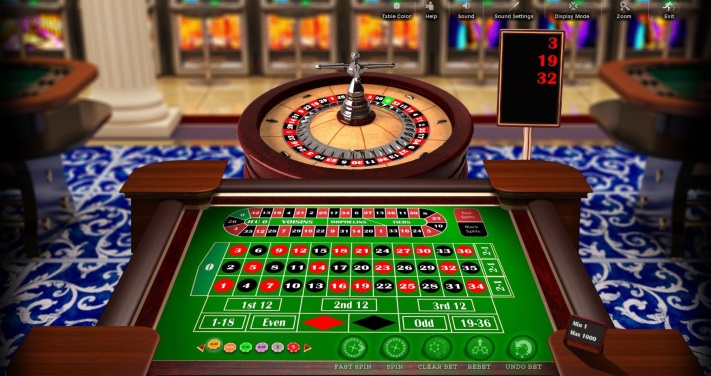
What casino game can you win at?
Payout rate
The payout ratio or player payback ratio (PRR) is the first criterion that can help you choose your casino game: in fact, it is the average expressed as a percentage of the casinos’ payout to the players in relation to the total bets. In France, this rate is set at 88% for table games (Roulette, Baccarat, Black Jack, dice games, etc.) and 85% for slot machines (including video poker). It is checked every 100 days by technicians approved by the Ministry of the Interior.
The TRJ of casinos surpasses that of other legal gambling games (turf, lotto, scratch games…): that of the PMU is 69.57% while the average TRJ is 59%.
The other side of the coin, i.e. the long-term average percentage of gamblers’ losses, is called the house advantage: for a redistribution rate of 85%, the house advantage is therefore 15%. Here are, in ascending order, the redistribution rates for the various physical casino games:
- Slot machine and video poker: 85%.
- Ball: 88.9
- Blackjack: 94.1%.
- Roulette: 97.3%.
- Baccarat: 98.5%.
While Baccarat and Blackjack can indeed be quite lucrative, it is important to understand that an 85% FCR at the slots does not necessarily mean that you will necessarily get $85 back every time you pay $100. It is important to take into account the variance factor, which is the difference between the winnings/losses of each bet, which is then averaged over several thousand games. For many games, a high TRJ means higher but less frequent winnings.
Frequency of winnings VS expected winnings
The second criterion after JRT would therefore be the gain frequency/gain expectation factor. It’s up to you to see if you prefer to win small amounts more often, or if you prefer to win a large amount even if you have to wait a long time for the right combination. From this point of view, no game is fundamentally different: this factor depends rather on how you play and the risks you take.
In roulette, for example, you can choose to play a high winning frequency at the expense of expected payouts, or you can aim for higher but less likely payouts by betting on a single number. Similarly, not all slot machines have the same ratio: some will offer bigger jackpots but will make you win less often. A good way to find out what makes them different is to ask the regulars at the casino.
Our advice: Choose games with a high payout rate, as this is more important in the long run.
Slot Machine

To play the slot machines, you simply insert your chips and then activate the mechanism that will rotate the slots. In spite of the legends, there is no strategy: at best, the strategy will be limited to your bets, but the result will only depend on the chance!
So be careful, because even if you feel like it, you won’t have any real control over your winnings: your best strategy is to set limits and stop before you lose too much. Slot machines carry a particularly high risk of gambling addiction.
Roulette

There are many famous martingales that theoretically allow you to beat roulette, but in practice would require an infinite fortune! Without resorting to these methods, a semblance of strategy is possible, which will at least allow you to give consistency to your game. You can thus modulate your risk level (and at the same time your winnings/bet ratio) by betting on:
- 1 single number (full)
- 2 numbers (horse)
- 3 numbers (transversal)
- 4 numbers (square)
- 1 in 2 odds ratios such as Black or Red, Even or Odd, Miss or Pass
The ball game is a variation that offers lower ratios, but also more chances of winning when betting on a full number because the numbers simply go from 1 to 9. As in roulette, you can also bet on red, black, miss, pass, even or odd (i.e. simple luck). Note also that access to roulette is free of charge, whereas most casinos charge for access to the roulette table, excluding bets.
Craps
In craps, as in other dice games, you essentially rely on chance. However, there are a few tricks, the most obvious of which is to bet exclusively on the 4 bets that represent the smallest advantage for the house:
- Pass line (1.41% or 98.59% R.T.D.)
- Come line (1.41% or 98.59% FCR)
- Don’t pass (1.36% or 98.64% of RJR)
- Don’t come (1.36% or 98.64% of RJR)
This is because these bets benefit from the highest payout rate possible at the casino. The problem is that they are not available in every round, so you’ll have to be patient, which is one of the best things about craps.
Video poker
Unlike slots and despite their apparent resemblance, playing video poker involves a certain amount of strategy. To win money, you must form a winning combination from the 5 cards you receive at the beginning of the game. The trick is to choose which cards you keep and which ones you want to change.
There are some basic principles for beginners:
- in case of a straight or more in your basic game, do not draw a card.
- if you have 2 pairs from the beginning, replace only the card that is not part of it
- if you have a three of a kind, draw only 2 cards
- etc.
Of course, knowing the odds of hitting this or that card in poker will be very useful in making your decisions. Beyond that, as in Blackjack, there are more advanced strategies written by experts. However, their real effectiveness is uncertain, especially because of the suspicions that naturally weigh on the machines compared to a real card game. For example, it is possible that the cards drawn may not always be random, in favor of the House.
Baccarat, railway and punto banco
Baccarat and its variants (railroad, punto banco) are certainly based on chance, but also leave a lot of room for the players. Indeed, they have the freedom to join together on a hand, to buy back a hand. The goal is to beat the banker.
There is also a technique that consists in noting the successive moves that have already gone out to play on series of moves. Generally, casinos don’t mind and even hand out sheets for this purpose to the players.
Blackjack
Like the railroad, from which it was inspired, Blackjack is one of those games where reasoning plays an important role. While chance does cause one hand to be beaten by the other, in the long run, the player can minimize his losses or maximize his winnings depending on his hand, by determining when to draw a card and when to stop.
There is the famous basic blackjack strategy, first explained by the mathematician Edward O. Thorp in his book Beat the Dealer. It is based on card counting and memorization techniques that reduce the house advantage. Million Dollar Blackjack is also a reference book that deals more specifically with organized team play: its author, Ken Uston, was banned from Las Vegas after his technique was unmasked.
Today, it is still possible to use these methods, but more and more casinos are protecting themselves by equipping themselves with continuous shuffling machines, which make their counting inoperative. They are the pet peeve of experienced players who prefer to fall back on establishments that are not yet equipped with them.
Martingales: why it doesn’t work
We explain in this article why it is better not to rely on a martingale. If some of them are mathematically valid, they do not allow you to get rich in reality. In particular, they are rendered inoperative by:
- The theoretically infinite bankroll that would be needed for them to work.
- The many precautions are taken by casinos to prevent their implementation
Summary
- Pay attention to redistribution rate
- Frequency of earnings VS earnings expectation
- Random VS strategy
- Martingales: why it doesn’t work
